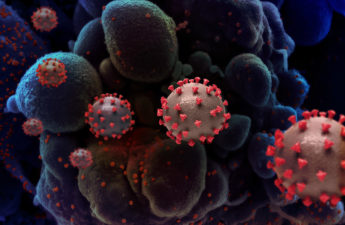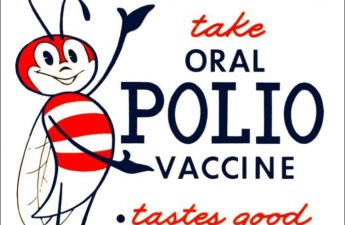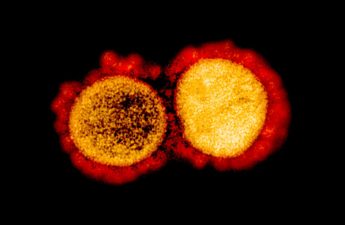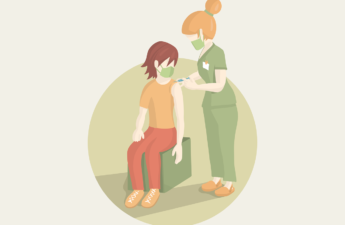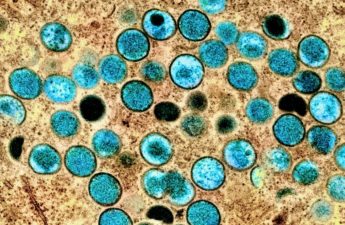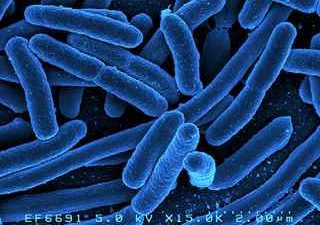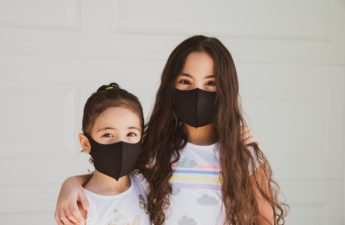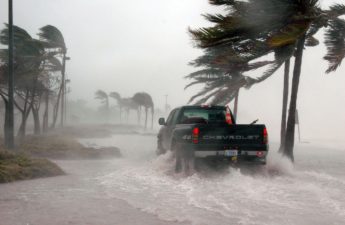Category: Infectious Disease
Inslee: Washington’s COVID-19 emergency to end Oct. 31
Nearly three-quarters of Inslee’s 85 emergency orders related to the virus have already been lifted, and an additional 13 health care related orders will end on Oct. 27. The remaining 10 orders, including the underlying state of emergency, will be lifted on Oct. 31.
Fears of a polio resurgence in the US have health officials on high alert
A virologist explains the history of this dreaded disease
Using nanotechnology and AI to diagnose TB in children
Combining nanotechnology with artificial intelligence can diagnose tuberculosis in children in whom the deadly disease might otherwise go undetected.
Omicron COVID-19 vaccine boosters now authorized for certain individuals
New boosters aim to provide better protection from currently-circulating variants of COVID-19
When can I get the updated covid booster — Public Health – Seattle & King County
The very earliest we could expect to have the new booster doses available at our vaccination sites at the Auburn Outlet Collection Mall would be the weekend of September 9th. However, delays in shipping are possible, so it could be later.
Monkeypox in King County: An Update
As of today, 310 King County residents have been diagnosed with MPV, an increase from 48 cases in mid-July.
UW study to screen pets of Seattle-area people diagnosed with monkeypox
A new study is inviting pet owners in the greater Seattle area who test positive for monkeypox to have their animals screened for the virus.
E coli outbreak detected in King County
Shiga toxin-producing E. coli O157:H7 infections have been diagnosed among children, adolescents, and adults of East African communities in King County. The source of the infections has not been determined.
Washington health officials issue updated back-to-school COVID guidance
While the guidance is specific to COVID-19 prevention, it can also help to reduce transmission of other common respiratory viruses such as influenza.
How does monkeypox spread?
The current monkeypox epidemic is a bit unusual in a few ways: First, the sheer scope of the current epidemic; Second, the way symptoms are appearing may facilitate spread among people who don’t yet know they are infected.
How climate change will make infectious disease worse around the world
Climate change can exacerbate a full 58% of the infectious diseases that humans come in contact with worldwide, from common waterborne viruses to deadly diseases like plague,
How COVID-19 lockdown measures — and their outcomes — varied in cities around the world
The negative impacts of hard lockdowns may have exceeded their benefits. They intensified social conflict, eroded democratic practice and undermined trust in politics and governance at a time when they were most needed.
Ivermectin, blood washing, ozone: how long COVID survivors are being sold the next round of miracle cures
Some individuals or groups are exploiting people’s desperation, using long COVID support networks to attempt to profit from offering treatment plans or alternative therapies such as vitamin supplements and ozone treatment. Some long COVID groups are are still recommended drugs such as the now scientifically discredited COVID treatment ivermectin.
How Misinformation About COVID Vaccines and Pregnancy Took Root Early On and Why It Won’t Go Away
Before coronavirus vaccines were even released, a disinformation campaign used a moment of national and personal vulnerability to prey on those who were pregnant or who planned to become pregnant.
Monkeypox: an expert explains what gay and bisexual men need to know
While anyone can get monkeypox, the current outbreak is overwhelmingly affecting sexually active gay, bisexual and other men who have sex with men.
